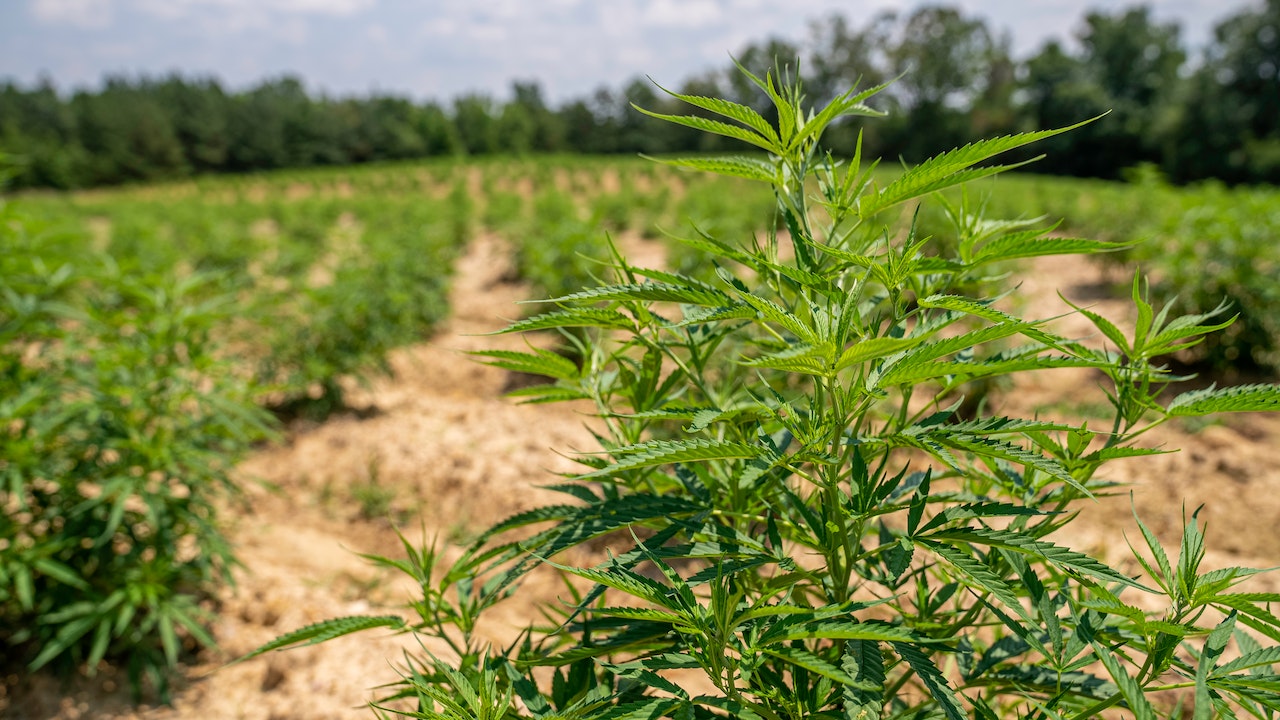KENILWORTH – A study examining how to regulate land use for growing cannabis in Wellington North has concluded almost two years after it began.
County planner Curtis Marshall presented council with a draft bylaw based on the study at a June 19 public meeting, concluding the final stage of the process. Marshall has been working on the file on behalf of the township since 2021.
In September that year, council passed an interim control bylaw prohibiting new commercial cannabis production while a study was undertaken to give the township options on how to handle applications.
In 2022, the first and second stages were completed, involving a 44-page policy report presented to council in April, followed by a report detailing recommended zoning bylaw amendments in June. Both were endorsed by council.
The interim control bylaw was extended for an additional year in Sept. 2022 while the study progressed. It expires this year.
“The first part of the new bylaw includes a series of new definitions and also has amended some of the existing definitions,” Marshall told council last month.
“Another change is the introduction of a parking standard,” Marshall said, noting it will ensure adequate parking at any future facilities.
The bylaw permits “as of right” growing of cannabis and hemp outdoors on properties over 25 acres and in the township’s agricultural area.
Setbacks apply for outdoor grow ops, ranging from 500 metres from a settlement area, and 300 metres from a sensitive land use, such as a residential area.
“The as of right permission for growing cannabis in a field, and hemp, recognizes the agricultural nature of growing the plants, it also recognizes the seasonal nature of outdoor growing where there would be one crop that will be harvested in the early fall,” Marshall said.
The bylaw introduces three new cannabis-related zones pertaining to indoor grow operations: agricultural, industrial and rural-industrial.
The zones put varying requirements on minimum lots sizes, setbacks (ranging from 300 to 1,000 metres) and requirements for lighting and odor control. Site plan approval will be required.
A zoning bylaw amendment is required before cannabis can be commercially grown indoors on a property, Marshall noted.
“The concentrated year-round growing can produce odors and nuisances,” Marshall said, explaining the zoning bylaw amendment process will provide council a case-by-case review of applications.
Councillor Penny Renken, opposing wording within the bylaw around setbacks from sensitive land uses, specifically when it comes to calculating the measurements, called for a recorded vote.
Councillors voted 3-1 to pass the proposed bylaw, with Renken voting in opposition and councillor Sherry Burke absent.
The personal production of four plants per residence, permitted under the federal Cannabis Act, is unaffected by the new bylaw, which only addresses commercial production. Health Canada is responsible for issuing indoor and outdoor cultivation licences.




